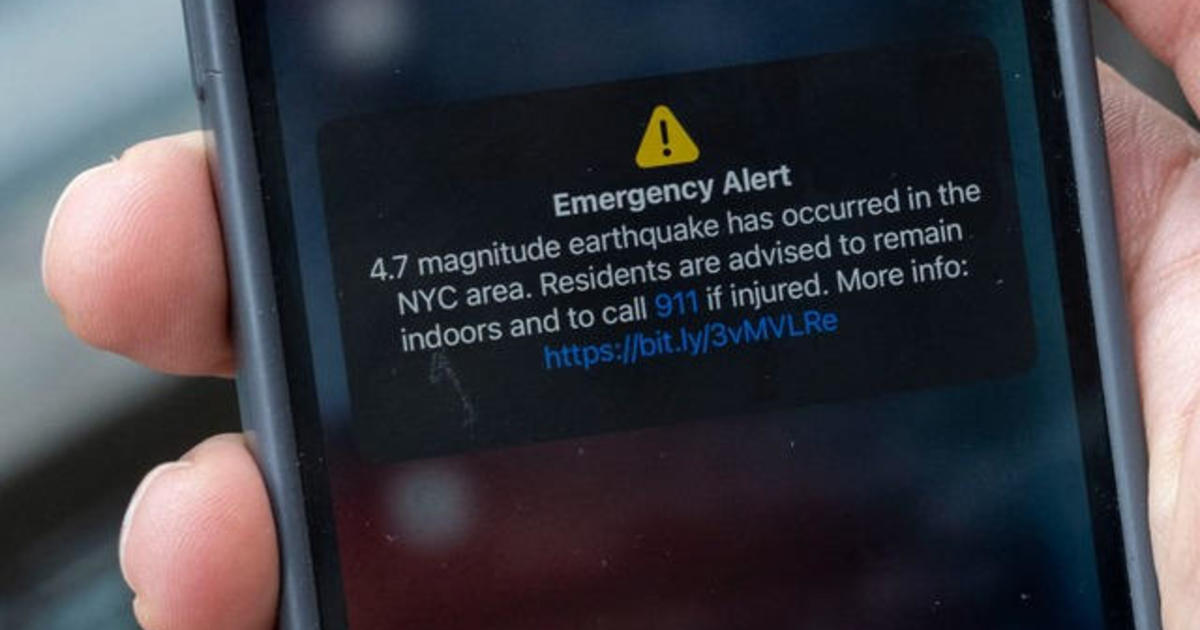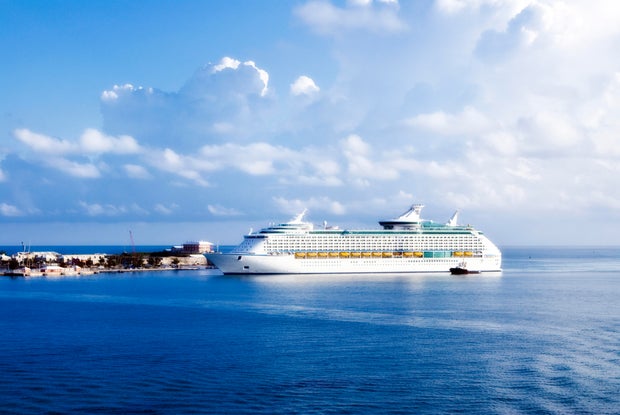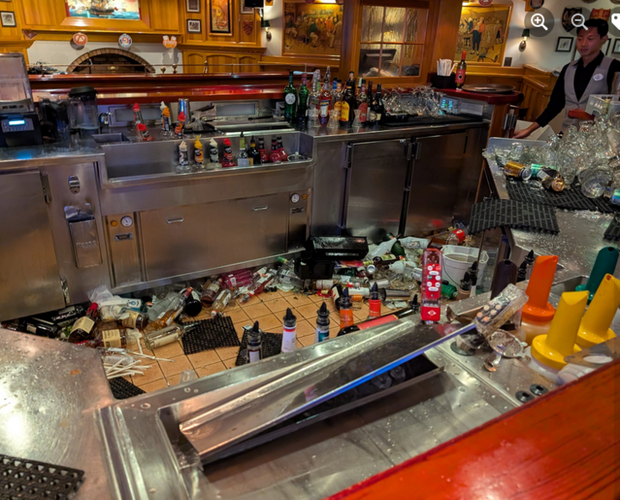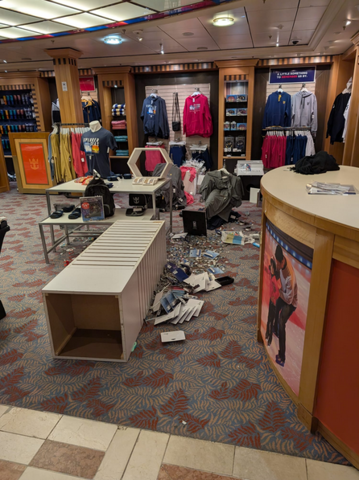CBS News
Archaeologists in Chile race against time, climate change to preserve ancient mummies
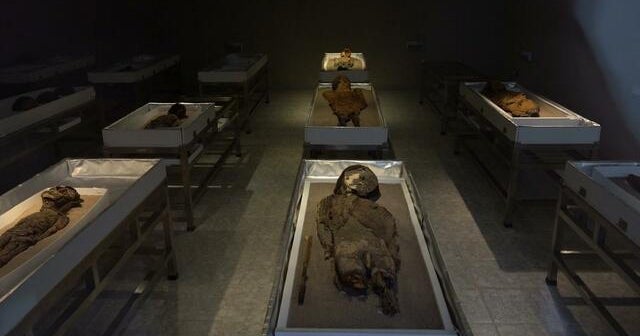
The world’s oldest mummies have been around longer than the mummified pharaohs of Egypt and their ornate tombs — but the ravages of time, human development and climate change are putting these relics at risk.
Chile’s Atacama Desert was once home to the Chincorro people, an ancient population that began mummifying their dead 5,000 years ago, two millennia before the Egyptians did, according to Bernando Arriaza, a professor at the University of Tarapaca.
The arid desert has preserved mummified remains and other clues in the environment that give archaeologists information about how the Chincorro people once lived.
The idea to mummify bodies likely came from watching other remains naturally undergo the process amid the desert’s dry conditions. The mummified bodies were also decorated with reed blankets, clay masks, human hair and more, according to archaeologists.
While UNESCO has designated the region as a World Heritage Site, the declaration may not save all of the relics. Multiple museums, including the Miguel de Azapa Archaeological Museum in the ancient city of Arica, put the Chincorro culture on display. Some mummies and other relics are safely ensconced in those climate-controlled exhibits, but the remains still hidden in the arid desert remain at risk.
“If we have an increase in sea surface temperatures, for example, across the coast of northern Chile, that would increase atmospheric humidity,” said Claudio LaTorre, a paleo-ecologist with the Catholic University of Chile. “And that in turn would generate decomposition, (in) places where you don’t have decomposition today, and you would lose the mummies themselves.”
Other clues that archaeologists can find in the environment may also be lost.
“Human-induced climate change is one aspect that we’re really worried about, because it’ll change a number of different aspects that are forming the desert today,” said LaTorre.
Arriaza is working to raise awareness about the mummies, hoping that that will lead to even more preservation.
“It’s a big, big challenge because you need to have resources,” Arriaza said. “It’s everybody’s effort to a common goal, to preserve the site, to preserve the mummies.”
CBS News
Kindness 101: Celebrating individuality with a young green hero

Watch CBS News
Be the first to know
Get browser notifications for breaking news, live events, and exclusive reporting.
CBS News
Royal Caribbean cruise ship rocked by rough weather, images show damage

Bad weather rocked a Royal Caribbean Crusies ship near Spain on Thursday night, causing damage aboard the vessel and requiring the ship to make an unexpected stop to allow a guest to medically disembark.
The Explorer of the Seas was traveling from Barcelona, Spain to Miami, Florida, according to CruiseMapper, a website that shows the position and routes of cruise ships.
John Greim/LightRocket via Getty Images
The vessel was near Tenerife, the largest of Spain’s Canary Islands, when it was hit by an “unexpected wind gust,” Royal Caribbean Cruises said in a statement.
The wind caused the ship to experience “sudden movement,” the cruise line said.
Jonathan Parrish
One person aboard the ship described the movement to CBS News as a “listing,” which means the vessel is tilted to one side. Photos show items knocked down, shattered bottles in a bar area, and other mild damage from the incident.
Jonathan Parrish
The cruise line said one passenger was injured and “requires additional medical care.” The ship is making a stop in Las Palmas, Spain, for a medical disembarkation. The cruise line did not offer any additional information about the unidentified passenger’s condition.
The Explorer of the Seas is a 1,020-foot vessel that can hold up to 4,290 guests and 1,185 crew members, according to an Royal Caribbiean Cruises fact sheet. It includes an ice skating rink, a mini-golf course and a rock climbing wall on its fifteen passenger decks. It is registered in the Bahamas and has been sailing since 2000.
CBS News
How investigators solved beloved Texas teacher’s 1995 murder

Watch CBS News
Be the first to know
Get browser notifications for breaking news, live events, and exclusive reporting.







